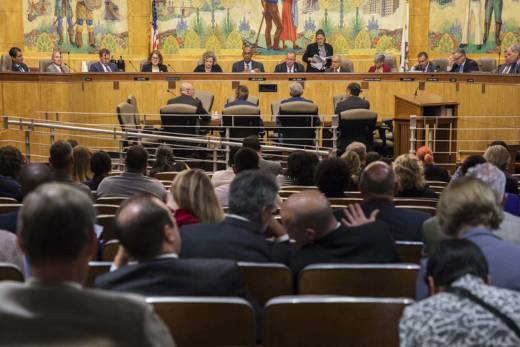Before the coronavirus pandemic, the California Legislature was expected to tackle issues like homelessness, housing and PG&E’s bankruptcy. But the coronavirus has forced new priorities in Sacramento. That's caused everyone to readjust, including lobbyists.
During a typical legislative session, the halls of the state Capitol would be teeming with lobbyists by now. They'd be popping in and out of offices, meeting with lawmakers and staff, trying to promote, kill or alter hundreds of bills.
Very little of that is going on right now, at least, not in person. But Samantha Corbin, a founding partner of the Corbin and Kaiser firm, said conversations are still taking place.
“Myself and most people I know are on the phone, eight, nine, 10-plus hours a day in 15 to 30 minute increments," she said. "It's actually pretty intense and overwhelming.”
The virus has upended the legislative calendar, with several key deadlines missed. Weeks that would have been spent shepherding bills through committees were instead spent working at home and trying to gain some clarity about what's to come. But Corbin said the shortened timeline has made one thing clear.

